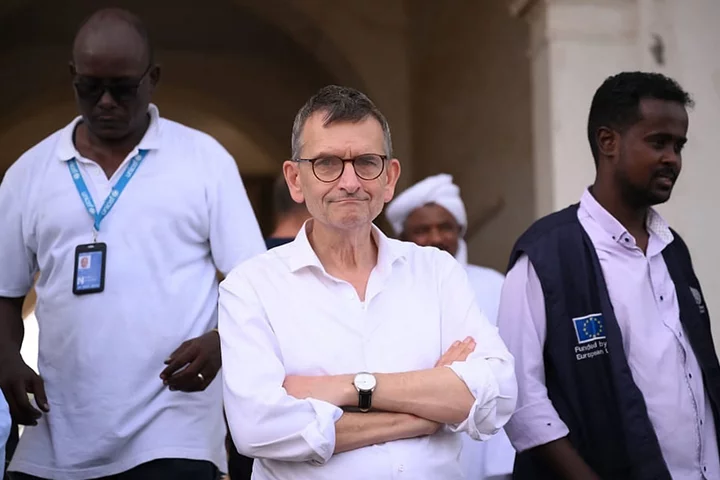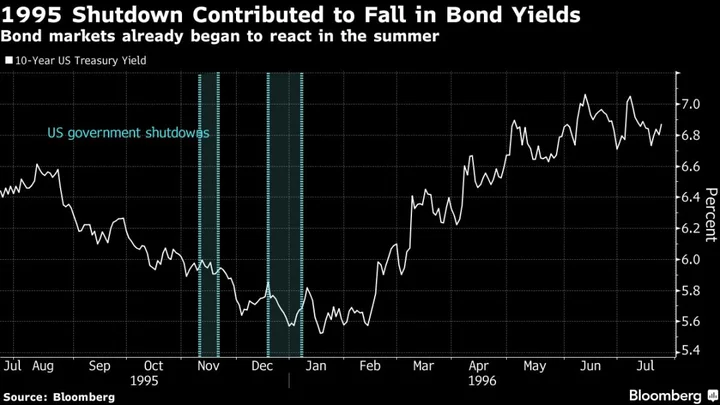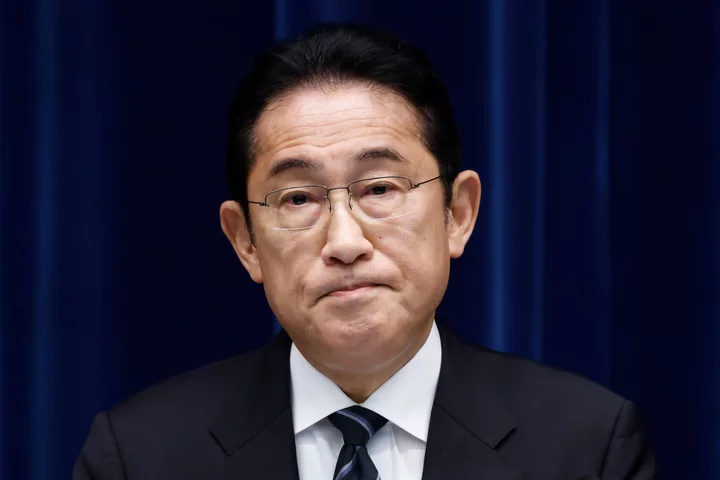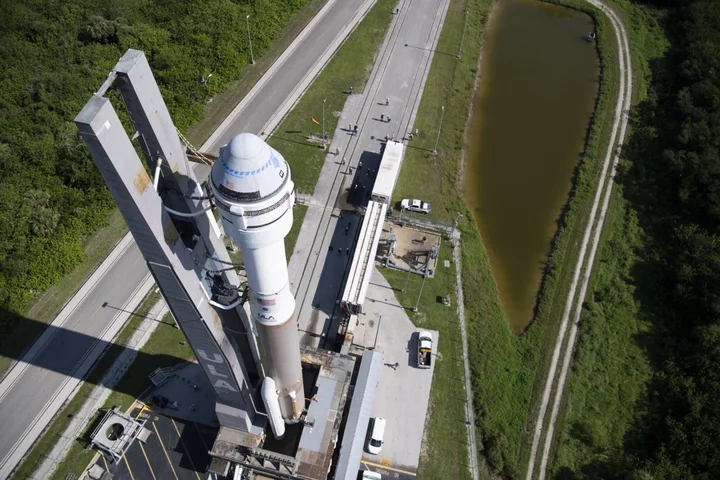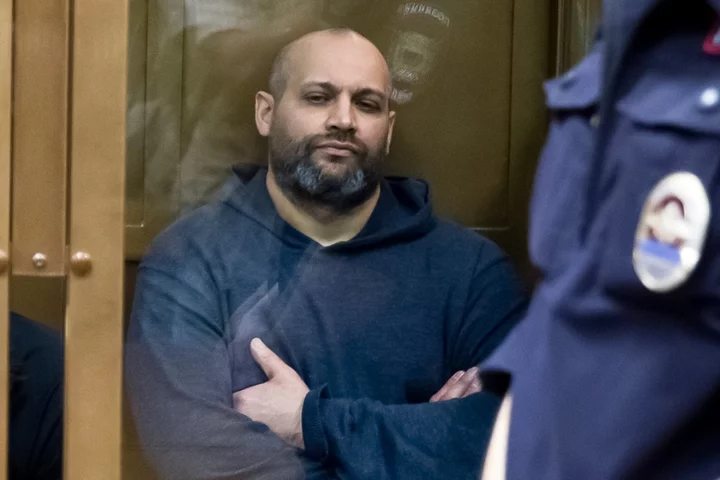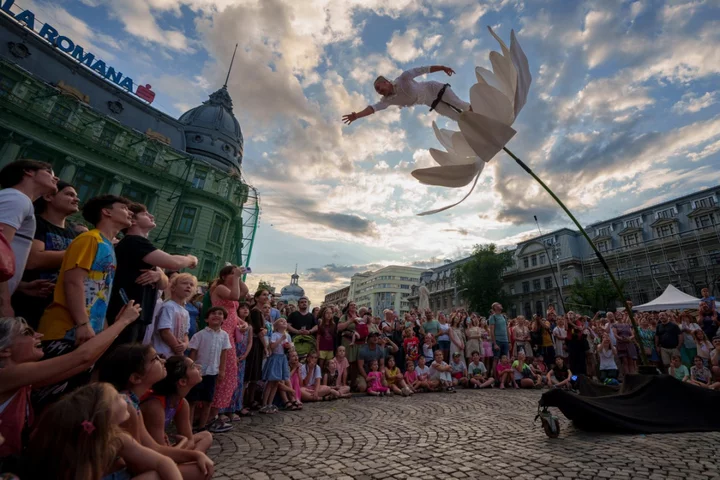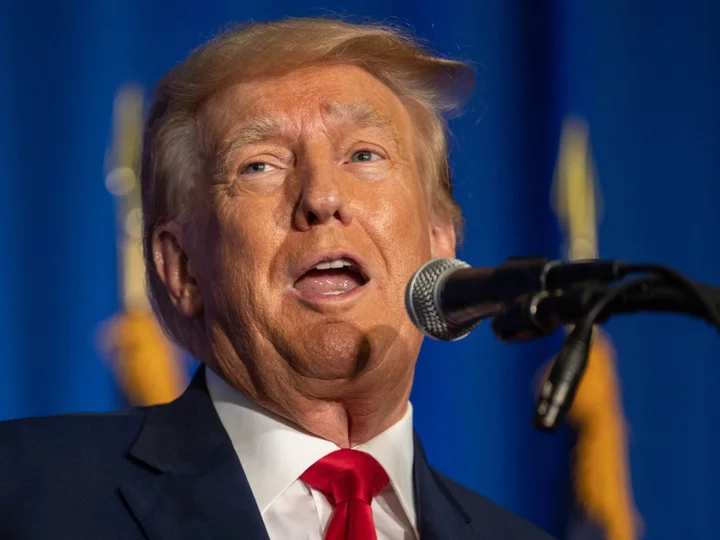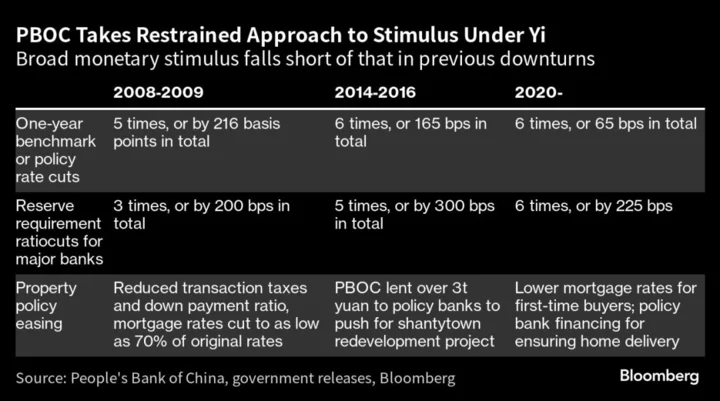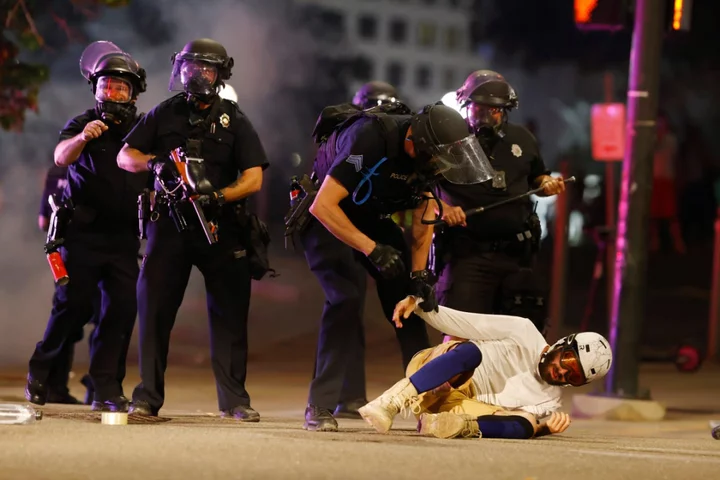Sudan expelled the top United Nations envoy, raising fears the North African country is isolating itself from the international community amid efforts to broker an end to more than a month of deadly conflict.
The Ministry of Foreign Affairs, which is controlled by the Sudanese army, declared Volker Perthes “persona non grata” on Friday, according to two UN officials who asked not to be identified because they’re not authorized to speak to the media.
Perthes, who’s led the UN mission in Sudan since early 2021, had come under continuous pressure in Sudan to deliver a power-sharing deal between the army and civilian politicians in the wake of a 2021 coup that unseated the government.
The move came after Sudan’s military-dominated ruling council urged the UN in a letter last month to replace Perthes, accusing him of taking sides in the country’s disputes and disrespecting its sovereignty.
Africa’s third-largest country remains mired in a battle for power between the military led by Abdel Fattah al-Burhan and the Rapid Support Forces militia. Violence that erupted April 15 has left about 1,000 people dead and spurred about a million more to flee their homes, many to neighboring countries. The fighting has flared in recent days, killing civilians, doctors and blocking access to humanitarian workers.
Saudi Arabia and the US announced on Friday that they’d brokered another 24-hour cease-fire beginning at 6 a.m. on Saturday in the capital, Khartoum. Previous truces have brought only temporary respite to some regions.
Strained Relations
The army has long been at odds with Perthes, an Arabic-speaking German academic enlisted by the UN’s secretary-general to usher Sudan toward a civilian government and democratic elections after the 2019 overthrow of dictator Omar al-Bashir.
In the months between an October 2021 coup and the current conflict, the UN envoy was the target of frequent criticism by Sudan’s military-led government as he tried to loosen the generals’ stranglehold on the economy and encourage the merging of the RSF, which had its own power structure, funding and allies, into the national army.
Perthes also had strained relations with Sudanese youth groups and pro-democracy protesters who objected to his insistence that the army play a pivotal role in the country’s democratic transition, despite its brutal crackdowns on demonstrations and serious doubts over its commitment to relinquishing power.
His departure raises questions about how the international community will be able to meaningfully influence any new peace initiative. It could also complicate arrangements to deliver desperately needed humanitarian aid to places hard-hit by the fighting such as Khartoum and the western region of Darfur.
Read More: US Hits Sudan Groups With Sanctions as Cease-Fire Collapses
--With assistance from Leen Al-Rashdan and Kateryna Kadabashy.
(Updates sixth paragraph with latest cease-fire.)

